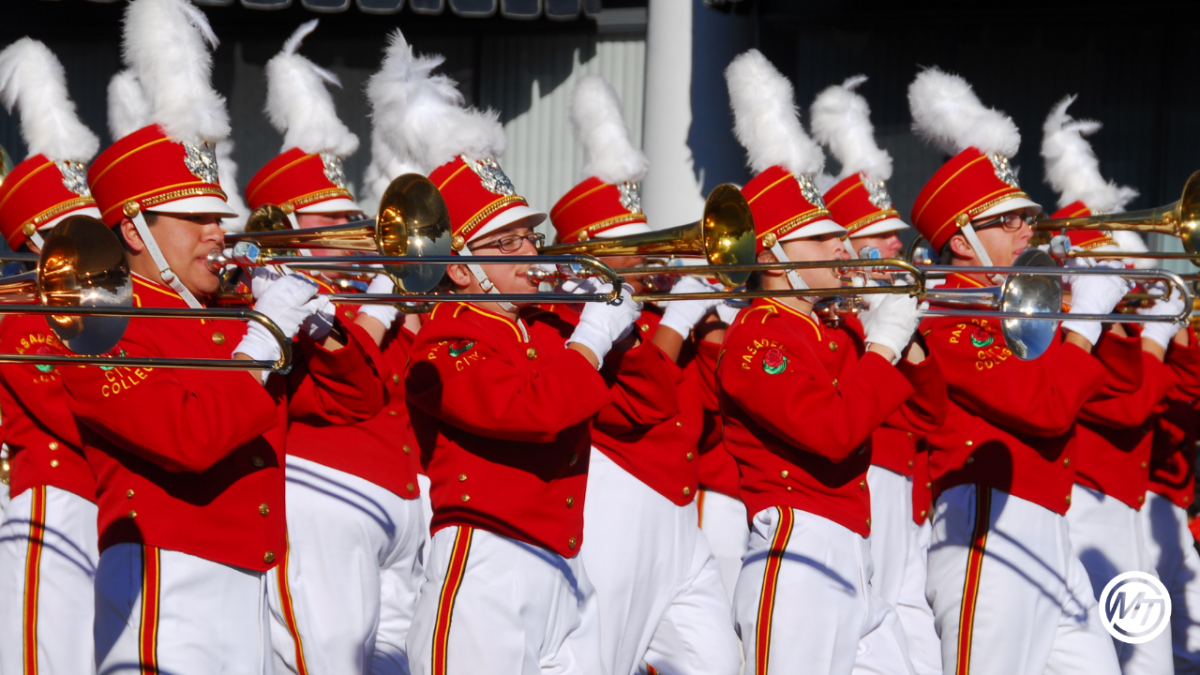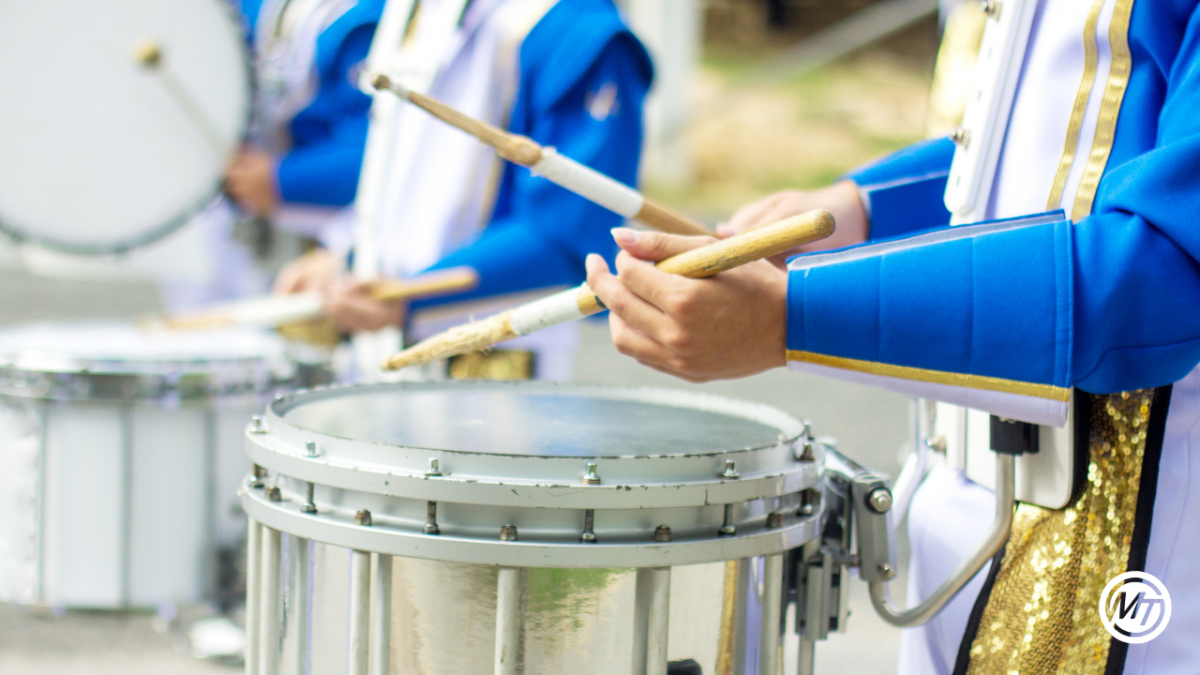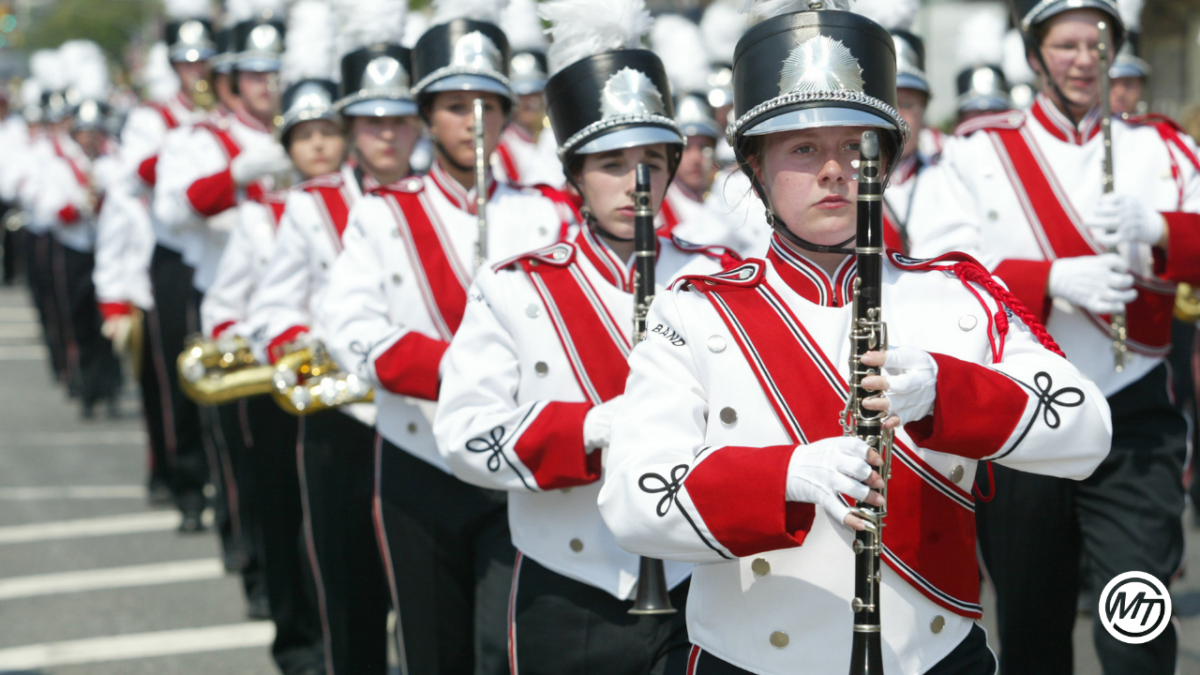Do you ever wonder how we can forget so many little things, but when a certain song starts playing on the radio that we haven't heard in 15 years we still know the tune and lyrics word for word? What about when we can remember how to play a tune on the clarinet or flute from ten or so years ago but can't remember the latest one we tried to learn?
It turns out there is an explanation behind this phenomenon after all. According to researchers at McGill University, the brain's very own motor network helps us to remember music we have performed in the past better than from recently. In the future, this discovery might be able to help other researchers identify how to protect or generally improve the memory of an individual.
"Playing an instrument engages many different parts of the brain.
"The memory benefit that comes from performing a melody rather than just listening to it, or saying a word out loud rather than just hearing or reading it, is known as the 'production effect' on memory," Professor Caroline Palmer, a Canada Research Chair in Cognitive Neuroscience of Performance, told the McGill Reporter. "Scientists have debated whether the production effect is due to motor memories, such as knowing the feel of a particular sequence of finger movements on piano keys, or simply due to strengthened auditory memories, such as knowing how the melody tones should sound. Our paper provides new evidence that motor memories play a role in improving listeners' recognition of tones they have previously performed."
There's no doubt that playing an instrument engages many different parts of the brain and can have a beneficial impact on cognitive function. With that in mind, why wouldn't you pick up an orchestral instrument and start learning how to play?
A wide array of benefits through music training
Although there have been plenty of correlations between learning how to play a musical instrument and overall intelligence, the specifics have not been explored thoroughly. Lately, however, researchers are beginning to study how playing a musical instrument can help improve spatial learning, language and memory skills, according to The Washington Post.
In fact, a recent study conducted by the Boston Children's Hospital found that musicians are more likely to understand and retain information in high-level cognitive processes. These high-level processes – also called executive choices – are involved with problem solving and making mental adjustments to evolving circumstances. Moreover, these functions are strong factors in how well an individual progresses through the education system. Nadine Gaab, PhD, a researcher involved in the Boston Children's Hospital study, commented in a press release.
"Since executive functioning is a strong predictor of academic achievement, even more than IQ, we think our findings have strong educational implications." she said, "While many schools are cutting music programs and spending more and more time on test preparation, our findings suggest that musical training may actually help to set up children for a better academic future."
Social skills from joining the marching band
In addition to all of the cognitive improvements brought about by learning how to play a musical instrument, there a number of social skills that individuals who are a part of the marching band get to master as well. For starters, the marching band is an excellent extracurricular activity if your hobbies involve music. There are few better ways to hone your music skills than by being a part of the school marching band. Along the same vein, joining the marching band is a great way to meet new people and make new friends as a part of something bigger than yourself. Whether you're a star of the drum line battle or a member of the percussion ensemble, you will learn all about teamwork and the importance of being unselfish in team environments. Remember, there is no "I" in team; there is no "I" in "band" either!

In addition to teamwork, you'll also learn the skills required to improve virtually all skill sets. As a member of the marching band you'll be required to set aside time for band practice and find even more time to practice on your own. At the same time, you'll need to earn good grades in school so that you remain academically eligible for extracurricular activities and avoid getting grounded by your parents. Joining the marching band is a great way find a little balance in your life.




